GoEco > Africa > South Africa > Marine Big 5 Conservation

Go on an experience of a lifetime in South Africa as you volunteer for the conservation of the Maring Big 5 species! Gain hands-on experience working in marine conservation with this highly reputable organization.
Program Highlights:
Your Schedule at a Glance (Minimum two-week commitment):
Arrival Day, Sunday: Arrive at Cape Town International Airport (CPT). Make your way to the city centre and spend the night there before getting picked up by the local team on Monday, who will take you to the project site.
Days 1-7, Monday-Sunday: Once you are on the project site, you will choose between a few experiences, based on your skills and interests. You can decide to join the shark cage-diving vessel one day and go on the ecotour/ whale-watching vessel the next. You can also help with bird rehabilitation at the African Penguin and Seabird Sanctuary or have a restful day doing a beach clean-up.
Remaining Weeks: This project doesn’t have any scheduled free days. Volunteers will need to coordinate with the project directors if they want a day off, however as every day is varied on this project, many people enjoy staying the duration of their time there. Departures are on Monday.







What’s Included




What’s not Included

Gansbaai (Gans Bay; Bay of Geese), South Africa is known as the Great White Shark capital of the world. Just a two-hour drive from Cape Town, this beautiful coastal city is home to an abundance of both land and marine wildlife. Its coastal islands are home to vast populations of seals and one of the last remaining colonies of endangered African penguins while the channel in between them is called “Shark Alley,” because of the densest population of Great White sharks in the world. The Bay is also a vitally important breeding area for Southern Right whales, which migrate from their feeding grounds in Antarctica to mate and breed here from July-December. Surrounding the bay is a pristine yet rugged landscape with rich floral biodiversity and ancient Milkwood forests.

As a volunteer on this project, you will be completely involved in eco-tourism (cage diving and marine big 5 tours) and conservation work throughout your stay. While working alongside marine biologists, you will learn about the behaviors of the marine species in the area, including Southern Right whales, Humpback whales, Bryde’s whales and a variety of dolphins. You can learn about how researchers track marine life and what data needs to be recorded. You will also assist on the tourist boat by helping cage divers and educating visitors, plus you will go cage diving yourself to get up-close and personal with Great White sharks. Volunteers can also sign up to support the activities at the African Penguin and Seabird Sanctuary or join a whale watching trip as part of their daily tasks. (pending availability).
Time at Sea:
Daily work includes:
African Penguin and Seabird Sanctuary: Volunteers have the option to assist at the sanctuary as well. Those who choose this may expect to be involved in the following tasks:
A typical day: You may educate cage divers about sharks, whales or penguins, and ongoing conservation methods before they cage dive. In the afternoon, you could clean the boat and wetsuits or working with local children to clean up the beach. You will work every day, weather permitting, for about 5-8 hours per day. During inclement weather, there will be organized excursions, or simply free time to explore the area.
Please note this project is completely weather dependent and there will be days when the weather is too bad to go to the sea. On these days, volunteers will have excursions or lectures arranged for them by the volunteer coordinators.





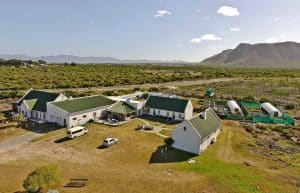
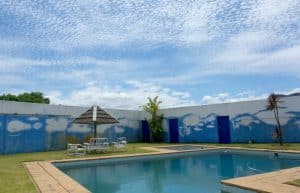
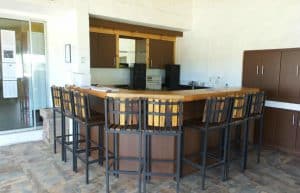

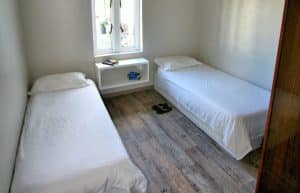
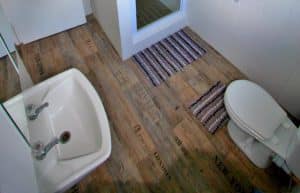
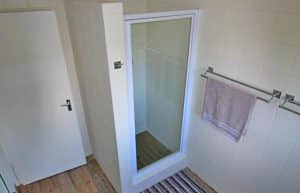


Volunteer Add-on (Included):
Whale Conservation: Whale trips and eco trips throughout the year are conducted by the partner company and volunteers will assist at a local whale tourism and conservation organization, which conducts studies on the biology and behaviors of marine species, focusing strongly on eco-tourism, conservation efforts and education. Please note this project only operates from June-November. Those who choose this add-on may expect to be involved in the following tasks:
Please note: This project is completely weather dependent and there will be days when the weather is too bad to go to the sea. On these days, volunteers will have excursions or lectures arranged for them by the volunteer coordinators.
Time-off activities:

© 2022 GOECO | All rights reserved
Develop & Design | Msite